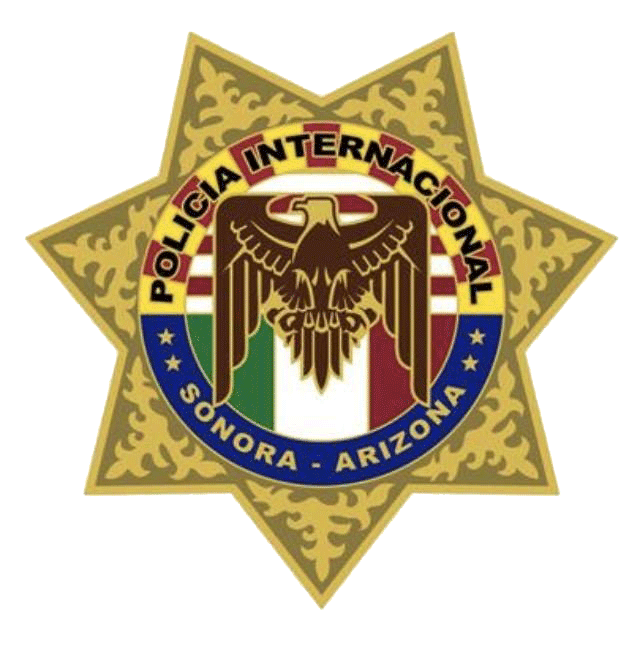History
In early 1978, Douglas detective, Frank Cruz, and three Arizona task force officers, Bill Breen, Hector Carpio, and Jim Wilson and two Comandantes from the Sonora State Police met in Douglas, AZ for an informal meeting. It was at this gathering that the group of six decided to call this meeting/reunion PISA, Policia Internacional Sonora-Arizona.
Historia
A principios de 1978, el detective Douglas, Frank Cruz, y tres oficiales de la fuerza de Arizona, Bill Breen, Héctor Carpio y Jim Wilson y dos Comandantes de la Policía Estatal de Sonora se reunieron en Douglas, AZ, para una reunión informal. Fue en esta reunión que el grupo de seis decidió convocar esta reunión PISA, Policía Internacional Sonora-Arizona.
PISA Officers
PISA Executive Board Members
Chairman:
Siggy Casillas
Executive Assistant:
April Herrera
